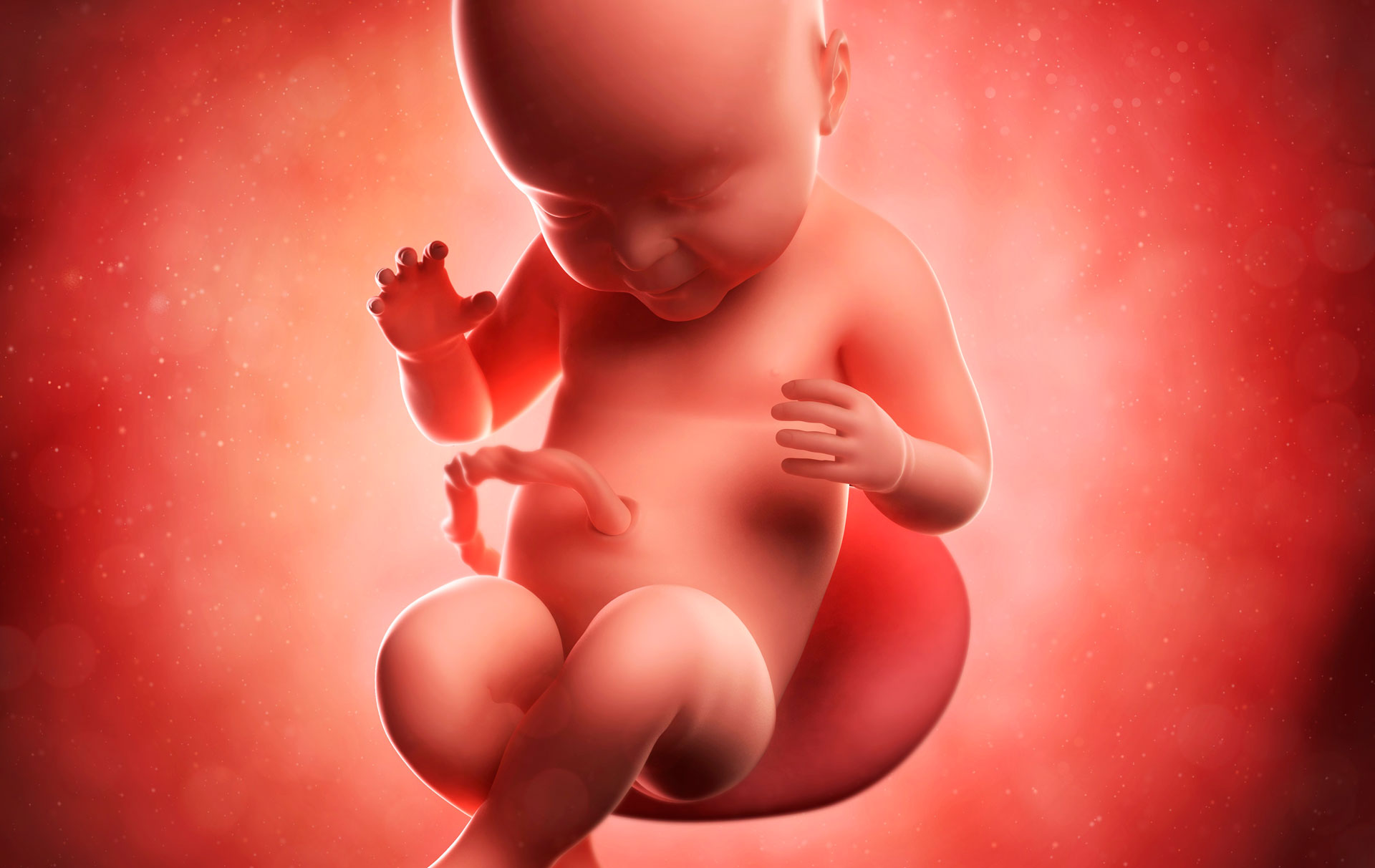Week by week pregnancy guide: 40 weeks pregnant
Nearly there!

Congratulations! You've reached the end of the road when it comes to your pregnancy week by week guide - well, maybe...
Pregnancy normally lasts about 40 weeks (that's 280 days from the first day of your last period), but only a fraction of babies arrive on their estimated due date. It can be dispiriting when your due date comes and goes without so much as a twinge, let alone a contraction, but try to keep busy and active! Here's everything you need to know when it comes to being 40 weeks pregnant...
Symptoms at 40 weeks pregnant
As your body prepares for labour your ligaments become very soft to allow your pelvis to expand. Your cervix also softens and thins and your placenta is now the size of a large dinner plate, 2-3cm thick and weighs a whopping 1lb 8oz.
Did you know, at the end of pregnancy much of the weight gained is roughly made up of the following:
- Your baby - 7lbs 5oz
- Extra blood - 3lbs
- Larger breasts - 1lb
- Enlarged uterus - 2lb 2oz
- The placenta - 1lb 8oz
- Amniotic fluid - 2lb 2oz
- Retained water - 3lb 5oz
Fetal development at 40 weeks pregnant
Your baby is now about 50cm long and weighs about 7lbs 1oz. They are nearly 200 times heavier tan they were at 12 weeks!
If you do go into labour now the delivery process will kick-start their heart and respiratory system so they can live and breathe on their own.

The changes you should make 40 weeks pregnant
Go for a routine antenatal appointment.
Parenting advice, hot topics, best buys and family finance tips delivered straight to your inbox.
Your midwife or doctor should give you more information about what happens if your pregnancy continues beyond 41 weeks. She will check the size of your abdomen, measure your blood pressure and test for protein in your urine.
If your pregnancy lasts another week then you may be offered a sweeping of the membranes. A sweeping of the membranes is a method used to kick start labour and is usually tried before you are taken down a formal induction route. Your midwife puts her finger into the cervix to gently separate the bag of amniotic fluid from the side of the uterus near the cervix.
Once this separation has occurred, hormones are released which will hopefully encourage the natural onset of labour over the next day or so.
Stephanie has been a journalist since 2008, she is a true dynamo in the world of women's lifestyle and family content. From child development and psychology to delicious recipes, interior inspiration, and fun-packed kids' activities, she covers it all with flair. Whether it's the emotional journey of matrescence, the mental juggling act of being the default parent, or breaking the cycle of parenting patterns, Stephanie knows it inside out backed by her studies in child psychology. Stephanie lives in Kent with her husband and son, Ted. Just keeping on top of school emails/fundraisers/non-uniform days/packed lunches is her second full-time job.